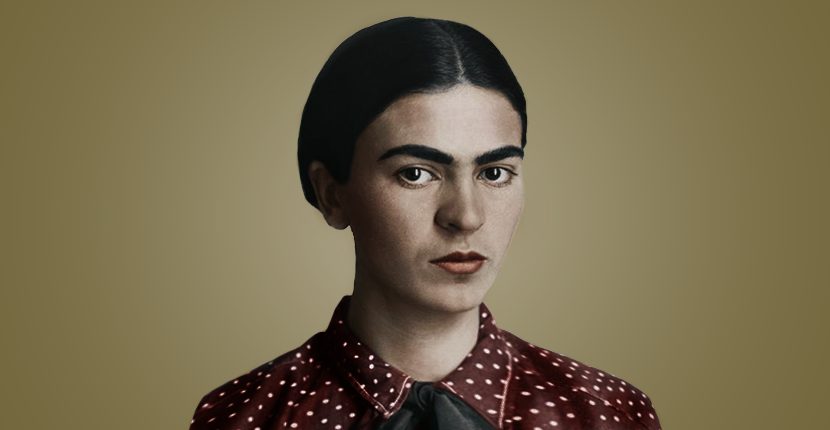What did Frida Kahlo’s voice sound like? Artist Frida Kahlo has fascinated people for decades, and now, 68 years after her death, excitement rages over the discovery of what seems to be the only known recording of her voice. Researchers at Mexico’s National Sound Library say archivists found the recording while digitizing a collection donated by a broadcaster.
The 90-second audio clip comes from a 1950s pilot episode of the Mexican radio program called “The Bachelor.” The recording is of a woman describing Diego Rivera, Kahlo’s former husband and painting partner. “He’s a large child, massive, with a friendly face and sad look,” the woman’s, thought to be Frida Kahlo’s, voice says. “His bulging, dark, intelligent and big eyes are difficultly detained.”
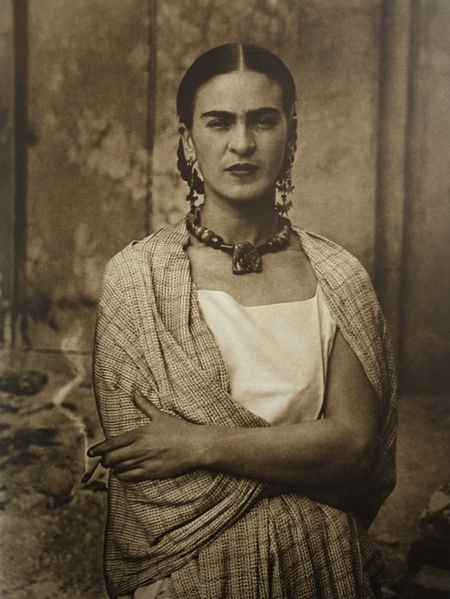
The recording, which is believed to date to 1953 or 1954, introduces its speaker as a female painter “who no longer exists.” The artist died on July 13, 1954, shortly before the program’s release, at the age of 47. Rivera passed away three years later.
In the recording, Kahlo goes on to say about Rivera: “His high, dark, extremely intelligent and big eyes rarely hold still. They almost come out of their sockets because of their swollen and protuberant eyelids—like a toad’s. They allow his gaze to take in a much wider visual field, as if they were built especially for a painter of large spaces and crowds,” the piece continues, per a translation.
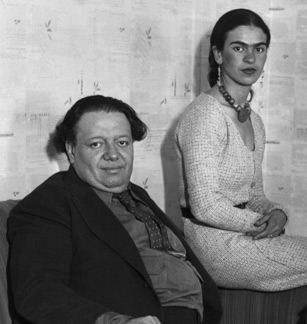
Kahlo was one of Mexico’s finest artists, a painter of self-portraits and other works, who is admired as a feminist icon. She incorporated graphic and surrealistic elements in her work and explored questions of identity, gender, race, and class.
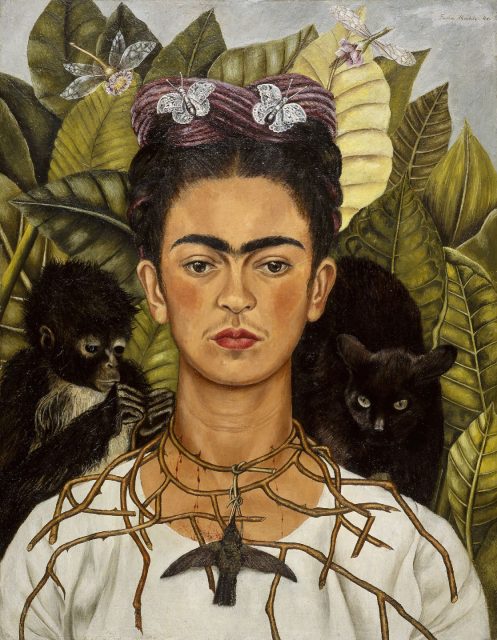
The director of the Frida Kahlo Museum, Hilda Trujillo, told The Associated Press in June 2019 that “there’s still a long way to go” to verify the voice in question. “I personally think that the art world has to be very strict in its judgment and can’t rush to assumptions,” Trujillo said. According to The Guardian, “Investigations will involve sound library officials, engineers, audio experts and even still-living sources. Trujillo said she is optimistic that there are still “enough elements to do a rigorous analysis.”The voice sounds light and smooth, which contradicts some assumptions of the artist. “I would have imagined that it would be a bit deeper and worn out,” Trujillo told The Associated Press. She said that Kahlo was very sick at the end of her life, and was a heavy smoker and drinker.
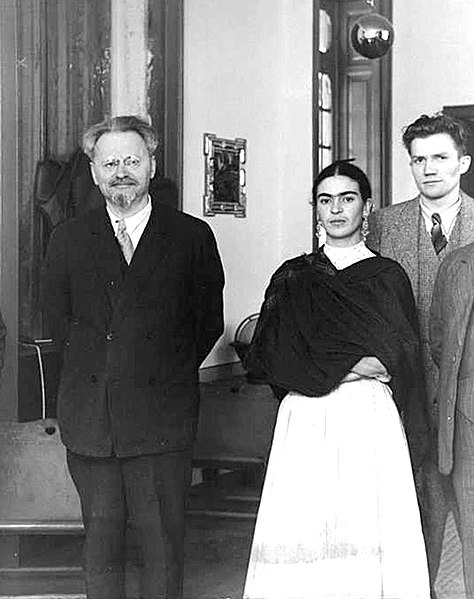
When she was 21, Kahlo paid a visit to the studio of the much older artist Rivera in search of career advice. “She had unusual dignity and self-assurance and there was a strange fire in her eyes,” he said. Theirs was a volatile relationship, with Rivera having many affairs. Kahlo’s lovers allegedly included Leon Trotsky. Kahlo said to Rivera at one point, “You deserve a lover who listens when you sing, who supports you when you feel shame and respects your freedom; who flies with you and isn’t afraid to fall. You deserve a lover who takes away the lies and brings you hope, coffee, and poetry.”
According to Sonia Corona of Spanish daily El Pais, several factors point toward the speaker being Kahlo: Experts note that the woman in question is not a professional radio announcer, since she pauses to take a breath multiple times and “tends to lisp,” and explain that the clip was recorded with a portable device rather than in an official studio, said the Smithsonian.
Related Article: Only Known Recording of a Castrato – Italy’s Last Castrated Singing Boy
Yet not everyone is convinced. Mara de Anda, a relative, says no such recording has been found in her family records. She believes Frida Kahlo’s voice was far gruffer and therefore doesn’t match the voice reading “Portrait of Diego Rivera” in the recording.
Nancy Bilyeau, a former staff editor at Entertainment Weekly, Rolling Stone, and InStyle, has written a trilogy of historical thrillers for Touchstone Books. Her new book, The Blue, is a spy story set in the 18th-century porcelain world. For more information, go to www.nancybilyeau.com
